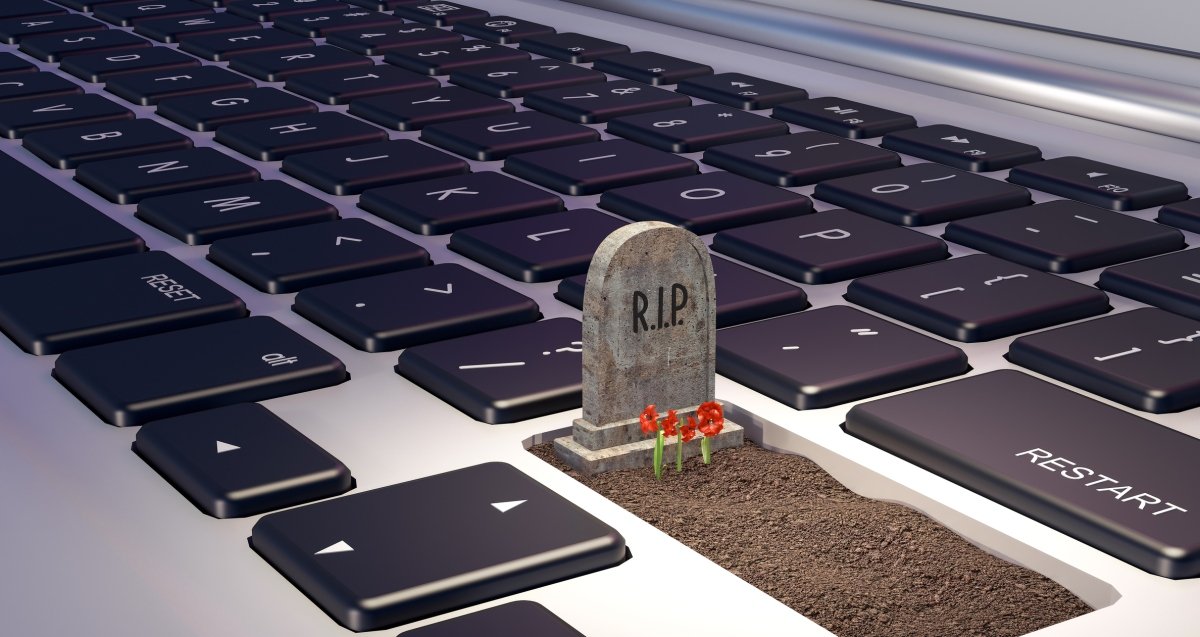Assuming your loved one passed away and they had some crypto wealth, you may be wondering what to do with it. Depending on the type of crypto they had and how secure the holdings were, it could be difficult (or even impossible) to access them. Ultimately, though, your responsibility would still reside with you as their beneficiary. Whether that means looking through cryptographic wallets or contacting established organizations that work with cryptocurrency assets, finding a way to get access to your loved one’s wealth is a undertaking worth taking care of in the event of their death.
If you are Anthony Pompliano, the co-founder of Morgan Creek Digital, and you wake up one day to find that your cryptocurrency holdings have increased in value by 100 percent overnight — or at all for that matter — what would be your first thoughts? Most people would be ecstatic with such an increase in their wealth, but Anthony Pompliano may not have reacted this way. In an interview with Bloomberg earlier this year, he said that he would sell all of his cryptocurrency holdings if they hit $25,000 apiece. He reasoned that if they reached this
A lot of people are unaware of the importance of estate planning for their crypto assets when they pass, as private keys and other security measures can make it difficult to access these funds even if a will or other document is in place. However, a comprehensive plan that takes into account both hot and cold wallets, as well as private keys, can provide peace of mind in the event of your death or incapacity.
Financial planners often recommend that people do not sit on their assets, but instead create a plan for what should be done with them. Herren says that this is especially true for those who have traditional assets, such as stocks or bonds, because there is the potential for large payouts if the market goes up. It can be helpful to think of your assets in terms of various accounts – such as savings, investments, and Social Security – so that you know where your money is going and whether you are maximizing potential profits.
One of the most common questions that Herren fields from her clients is, “Do I need an estate plan?” Most people who ask are older and have had children in their late 50s or 60s. For many, this is the first time they’re really thinking about their deaths and what happens to their property.
So what does this mean for estate planning in the next few years? Well, it seems that more and more people are taking the time to map out their financial future, and they’re not afraid to talk about it openly with loved ones. This is a positive trend, because it shows that people are confident in their abilities and happy to take care of important matters down the road. However, there are still some things that everyone should consider when planning for their estate – like making sure family members will be able to inherit money fairly, paying off debts before passing on any large sums of debt, and creating a will if you have concerns about who might be able to take care of your kids after you’re gone.
Cryptocurrencies are volatile and can be hard to store or manage. It’s important to create a plan for how you will handle your cryptocurrencies if something were to happen to them. This includes setting up a secure storage system, planning for any potential loss, and figuring out how you will convert them into another currency if needed.
Cryptocurrencies have created a new category of wealthy individuals who can afford to invest in digital assets without having to worry about volatile prices. Many wealthy estate planners are recommending that these investors update their estate plans every six months, in order to track the value of their holdings.








